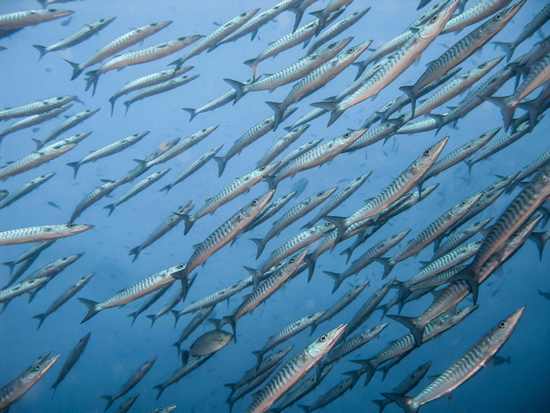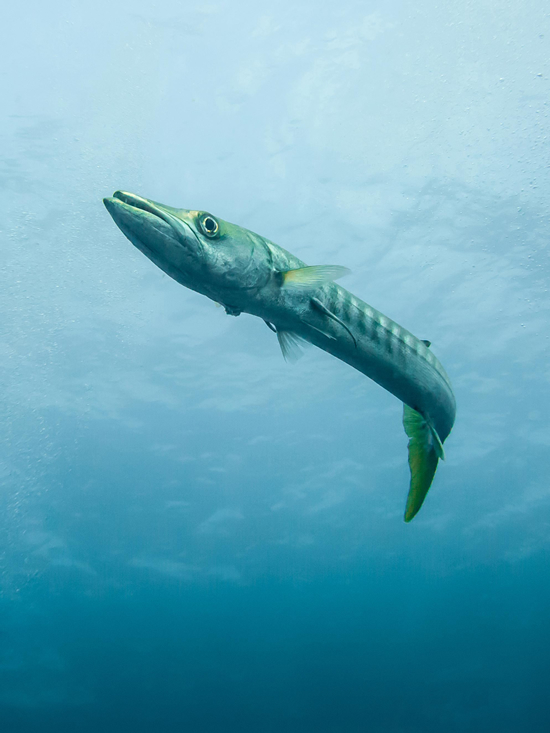Get in Touch
Email Address
Info@rhino.com
Phone Number
Sales: +098 765 4321

Communities living in these areas lack extensive data on population trends of pelagic fish that are commonly targeted. This creates difficulties when deciding on total allowable catches (TACs) for these pelagic fish, used to maintain sustainable fishing practices. If the removal of apex predators and other pelagic species exceeds the recruitment of new individuals to their adult stocks, this will result in a decline in their populations and would have serious consequences on the health and biodiversity of nearby isolated pinnacles.
The Roctopus ecoTrust conduct ongoing monitoring of pelagic fish communities around deep submerged pinnacles. A number of fish included in this programme are essential apex predators as well as commonly fished species. This project aims to identify and monitor populations trends for a number of pelagic species in order to help inform relevant authorities of any declining fish populations.
This project also aims to examine the potential effects that overfishing of apex predators and other important pelagic species may have on reef fish communities living near isolated pinnacle reefsSince the COVID lockdown, the team have now begun to analyse trends that may have emerged as a result of reduced activity (e.g. diving, fishing, tourism etc.) around reefs and isolated pinnacles of Koh Tao. This research may reveal essential information on the potential impacts that different resource users and stakeholders may have on marine ecosystems.
